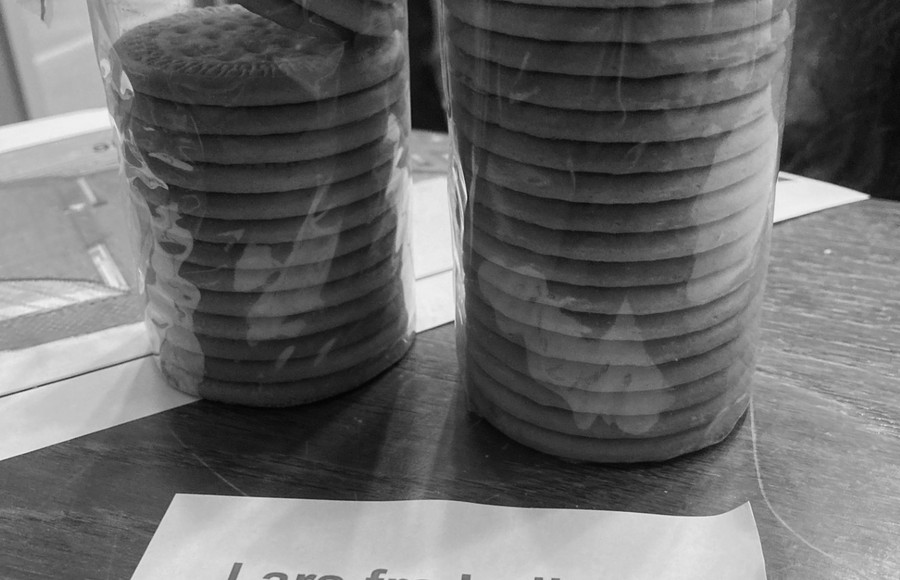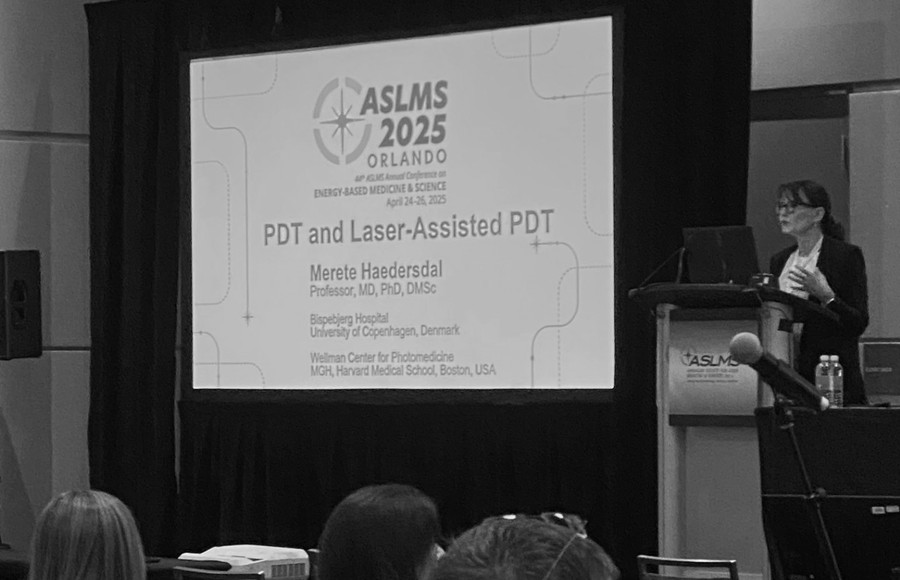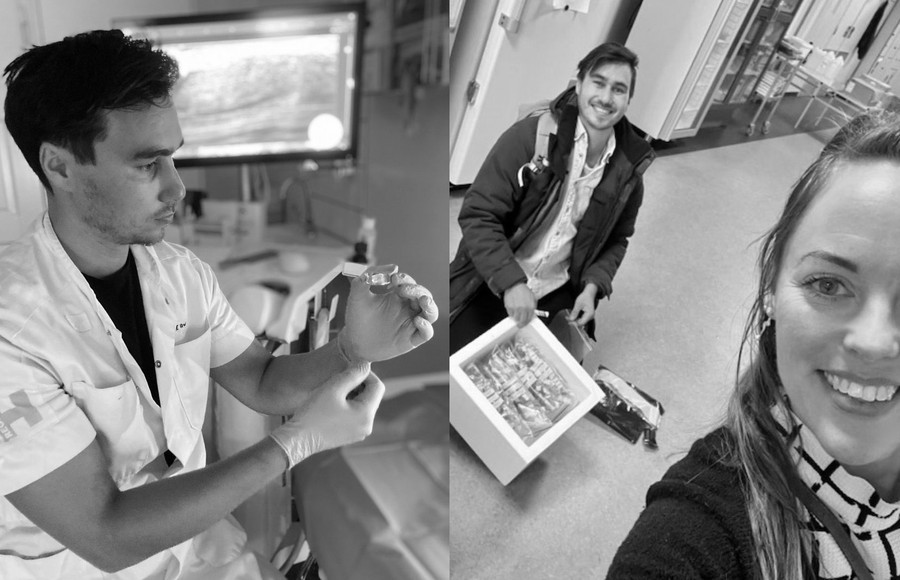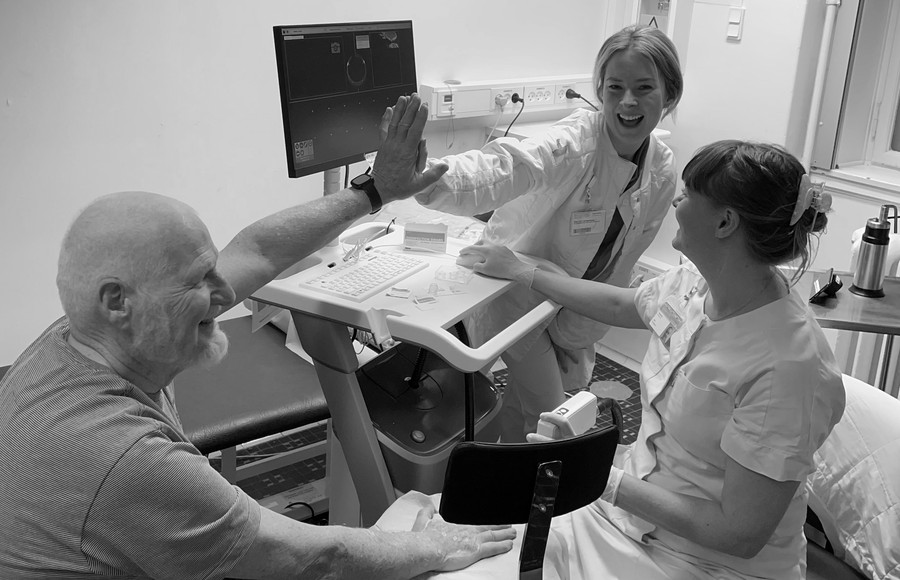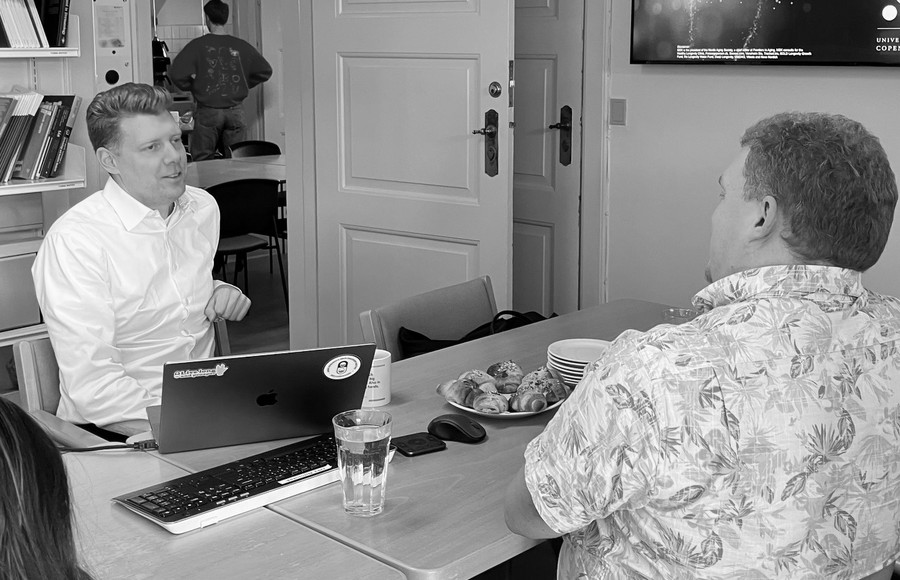How do you increase the repair of DNA damage associated with skin cancer? Celina Pihl researches that question at King's College London
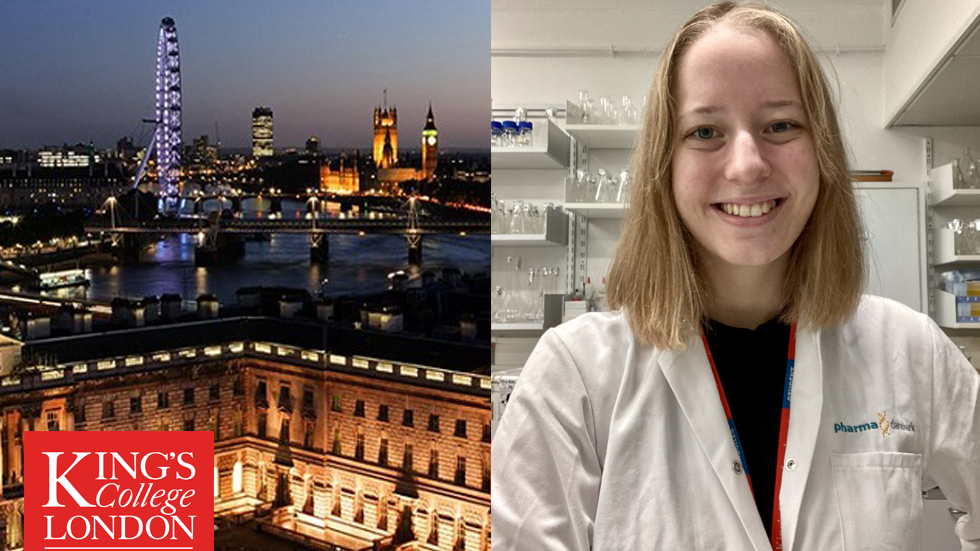
Back in December 2020, Celina started her PhD project at Bispebjerg Hospital researching how we can consume our sun protection orally as a supplement to applying it on the skin. Celina is specificallly looking into how the consumption of natural substances extracted from plants, citrus fruits and algae can help combat the harmful effects of the sun from within.
Celina is going to be spending the next six months at King's College London as part of her PhD studies. While in England she will be joining professor Paul Long's group at the School of Cancer & Pharmaceutical Sciences. Under the guidance of professor Paul Long, professor Antony Young and professor Carlota O. Rangel Yagui, Celina will look at the mechanisms that lead to DNA damage associated with skin cancer. Also she will be researching how biological molecules can help increase the repair.
Professor Paul Long is an expert in pharmacognosy, which deals with the use of natural substances used as medicine. He has extensive experience with natural sunscreen and has a great interest in how oxidative stress affects DNA damage and the development of skin cancer. Professor Long's group is part of the School of Cancer & Pharmaceutical Sciences at King's College London, which strives to shorten the time from lab to clinic to treatment of patients by focusing on basic research.
Celina holds a MSc in Molecular Biomedicine from the University of Copenhagen and expects to return to Bispebjerg Hospital in May 2023 to continue her PhD project.
